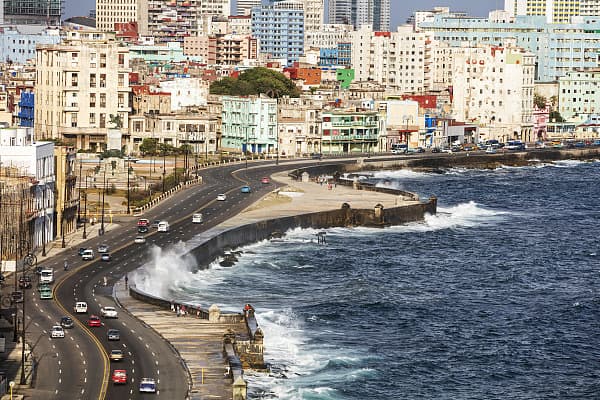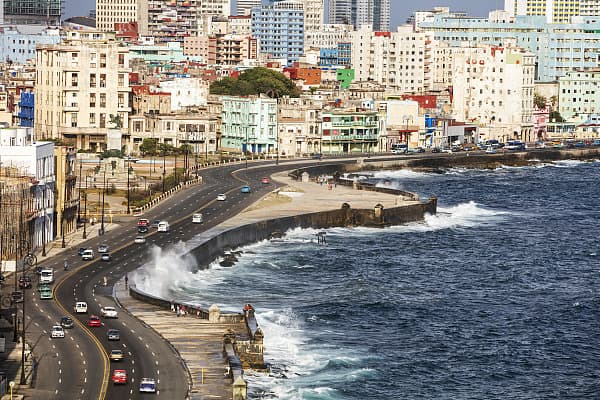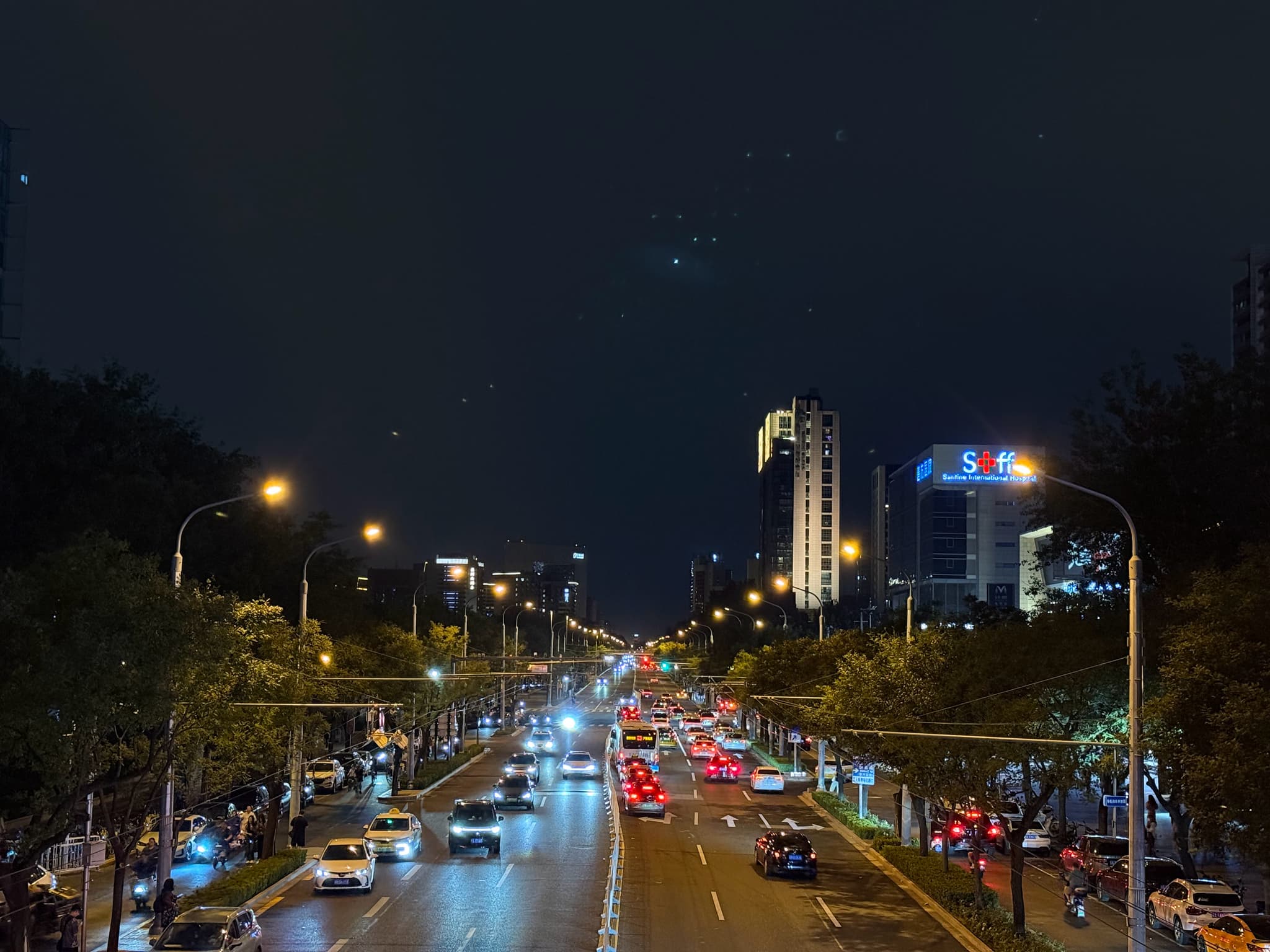Cuba Announces Visa-Free Entry for Chinese Citizens, Boosting Tourism and Bilateral Relations
China and Cuba have entered a new chapter in their bilateral relations with the recent announcement of a visa exemption policy for Chinese citizens. This major policy change, announced by Cuba's Tourism Minister Juan Carlos Garcia on May 4, 2024, was disclosed during the closing ceremony of the 42nd Cuban International Tourism Fair held on Cayo Coco. The minister revealed that Chinese nationals holding ordinary passports would no longer require a visa to enter Cuba.

20 May 2024
This move is part of a broader strategy to enhance economic and tourism relations between the two nations. The visa-free entry policy comes with additional significant announcements. Cuba has designated China as the guest country for the 2025 Cuban International Tourism Fair, and direct flights between China and Cuba are scheduled to resume on May 17, 2024. This development is expected to considerably facilitate travel for Chinese tourists, who have shown a growing interest in Cuban destinations.
Social media platform Weibo was abuzz with reactions to this news. The hashtag #古巴对中国公民免签# (Cuba visa exemption for Chinese citizens) quickly gained traction, reflecting widespread enthusiasm and curiosity among netizens. One Weibo user expressed nostalgia and excitement about returning to Cuba, emphasizing the country's beautiful beaches and the warm reception from locals.

"The beaches in Varadero are the most beautiful I have ever seen, making other island destinations like Bali and Phuket feel less impressive in comparison. Although it is far, it is truly worth visiting, and they are very friendly to Chinese tourists," the user shared. Another user, recalling a previous trip to Cuba in 2017, spoke of the vibrant and colorful atmosphere filled with vintage cars and picturesque streets.

They mentioned the past difficulties of accessing the internet, which involved purchasing internet cards and entering login credentials. "The last time I visited Cuba, getting online was quite challenging, but seeing those old photos made me realize how much my photography equipment has evolved," the user wrote. While many users celebrated the eased travel restrictions, some pointed out the practical challenges that still exist. One comment highlighted issues related to financial transactions, stating, "The real obstacle in Cuba is not the visa or the long flights, but the economic embargo. Foreign payment systems are generally unusable in Cuba, making it difficult to withdraw money. The mobile network is poor, and data is expensive. Despite these issues, it's a fascinating place to visit." There was also a discussion about the historical aspect of Cuba's visa policies. A veteran traveler reminisced about the confusion regarding Cuba's visa status in previous years. "Back in 2019, Cuba was already a visa-free destination for Chinese citizens, but the lack of direct flights and the need for transit visas in countries like Mexico, the United States, and France made it difficult to visit," they explained.

The reactions also included a mix of humor and cultural observations. A user humorously described the rustic living conditions and the simplicity of local life, noting the scarcity of certain foods and daily essentials. "Living in a casa particular (local home) was an eye-opening experience. The locals were incredibly friendly, often calling me 'chinita' affectionately. Despite the lack of material wealth, there's a unique charm to their way of life," the user recounted.
Moreover, the announcement has sparked interest among those who have long dreamed of exploring Cuba. Many users echoed sentiments of finally being able to fulfill their travel aspirations. "I have always dreamed of visiting Cuba but thought it was visa-free for Chinese citizens all along.
Now that I checked, the flights are mostly long, around 40 hours," a user noted. The Chinese Embassy in Cuba has also issued a statement reminding Chinese citizens to respect local laws and customs during their stay. The embassy emphasized the importance of not engaging in activities inconsistent with their immigration status and advised travelers to enhance their safety precautions. This policy change is part of a broader trend of strengthening Sino-Cuban relations. Both countries have expressed a mutual interest in boosting economic, cultural, and tourism exchanges. The resumption of direct flights and the designation of China as the guest country for the 2025 tourism fair signify a commitment to deepening these ties. In conclusion, the announcement of visa-free entry for Chinese citizens to Cuba has been met with widespread approval and excitement on social media. While there are still logistical and practical challenges to overcome, the policy is seen as a significant step towards greater cultural and economic interaction between the two nations. As direct flights resume and tourism programs expand, both Chinese tourists and Cuban hosts anticipate a fruitful and enriching exchange of experiences and cultures.

